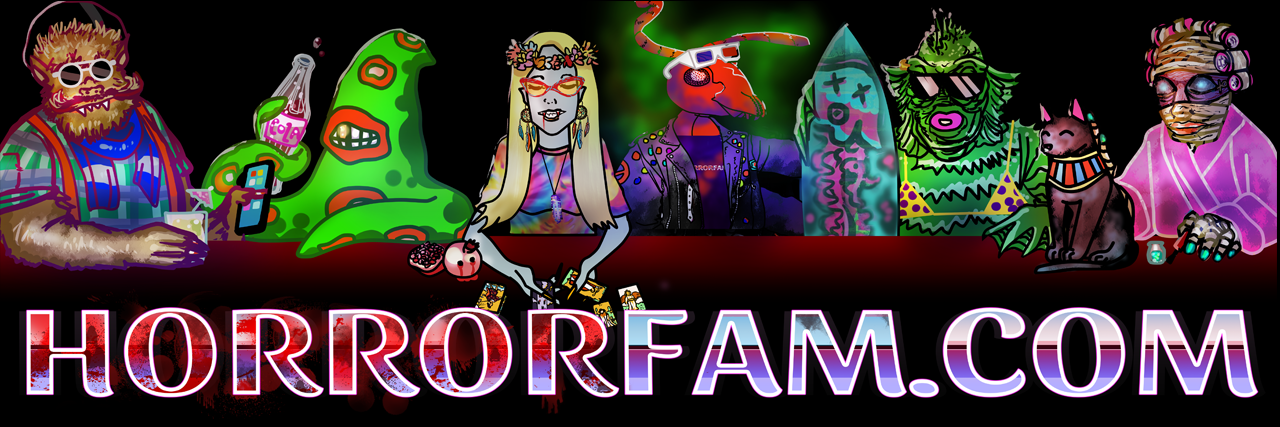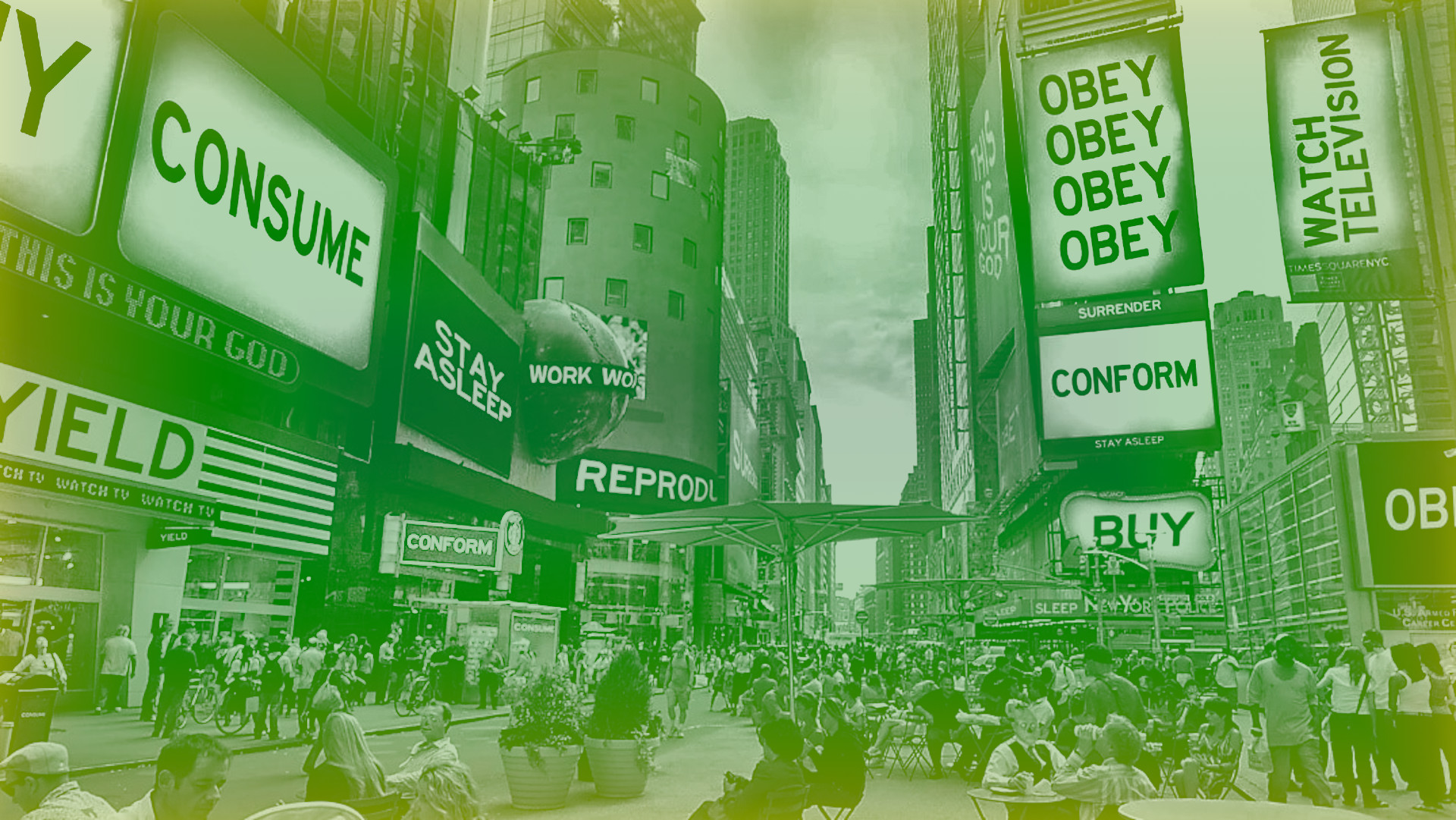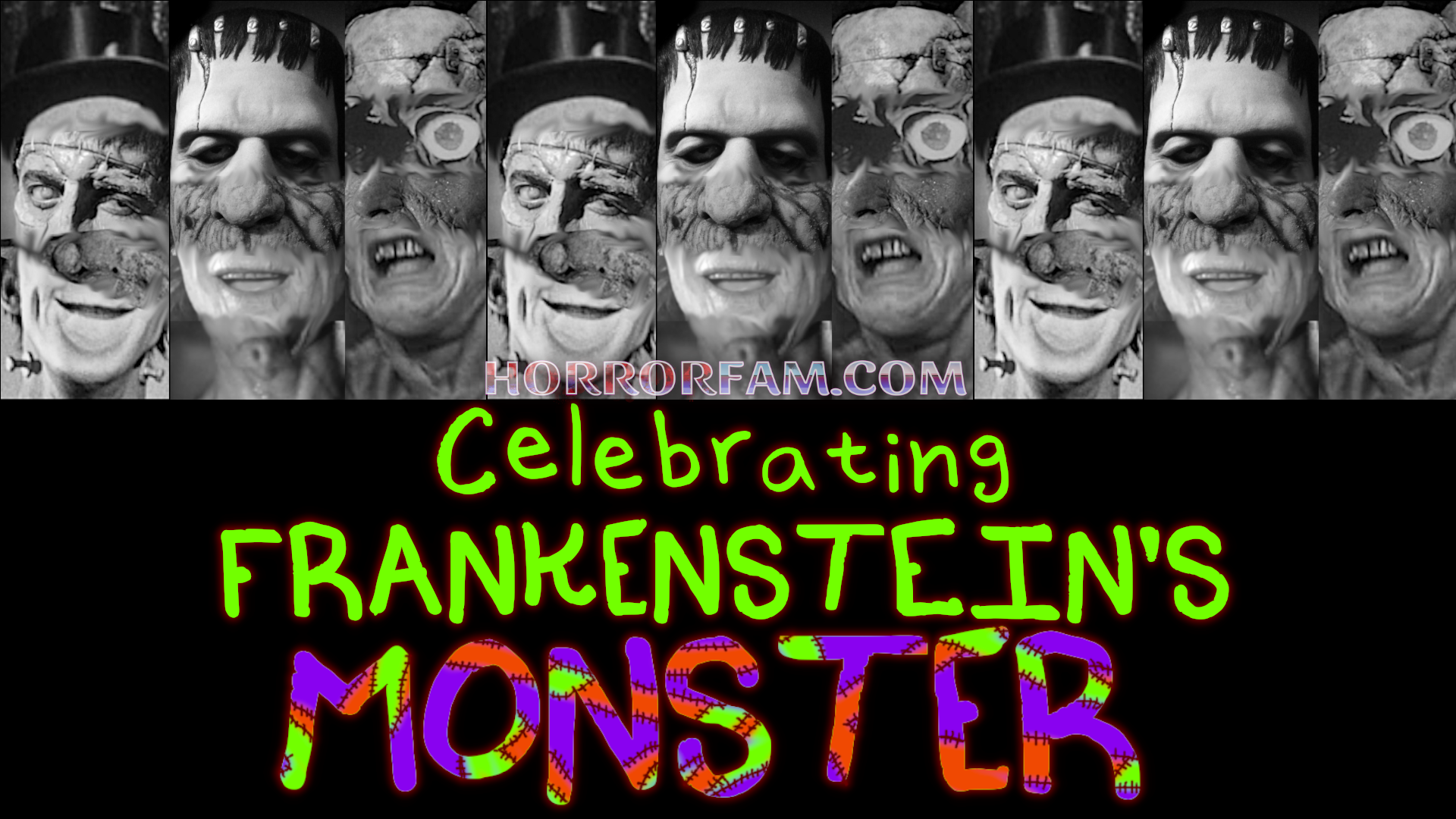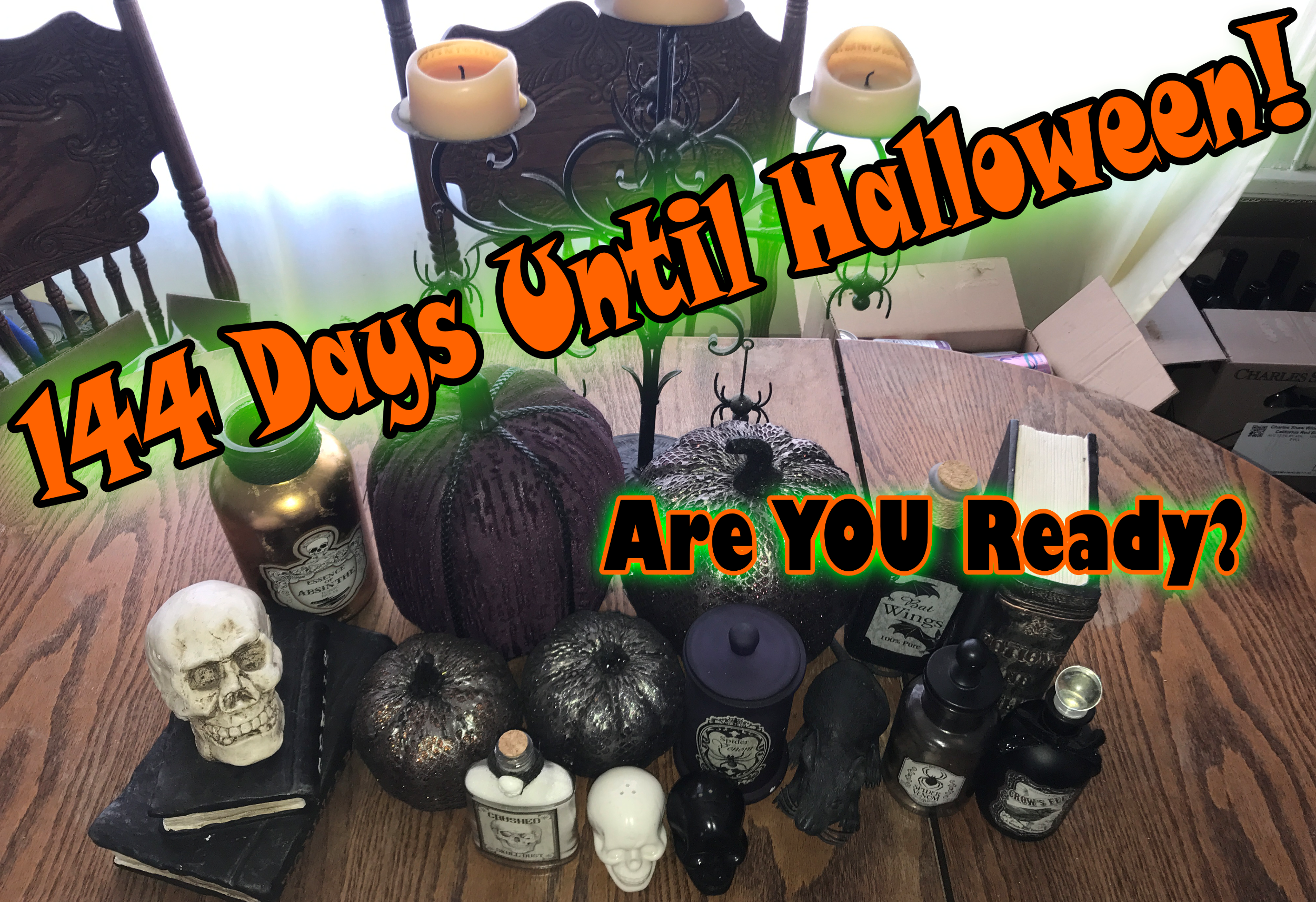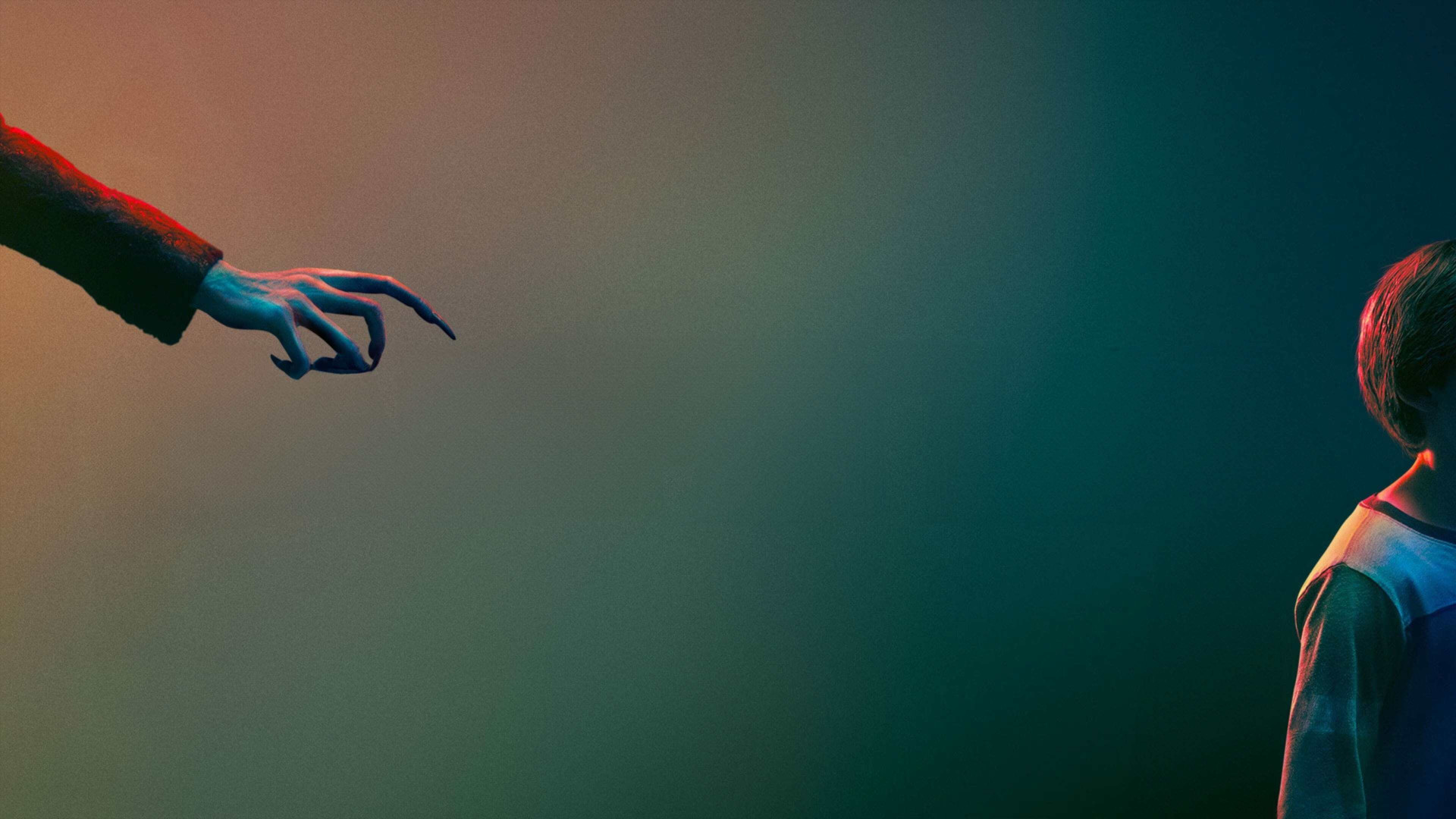On November 4, 1988, Universal Pictures released the cult classic film They Live. Based on the short story “Eight O’Clock in the Morning,” the film offered a deep critique of the consumer-driven American society. Media criticizing capitalism is nothing new — but horror can do it in a uniquely grotesque and disturbing way.
From the parasitic ice-cream in The Stuff to the murderous vacations in Hostel, horror digs its claws into the human psyche the way other genres simply can’t. It forces us to face the ugliness of capitalistic greed. By making us uncomfortable — and oftentimes disgusted — horror exposes the unsettling truth about the systems we live in.
CONSUME, BUY, OBEY
They Live
John Carpenter’s They Live is the quintessential example of a horror film critiquing the long-term effects of capitalism in our society. By masterfully blending sci-fi and horror, the film’s story of alien overlords using subliminal messaging to control humans is all but too obvious in its critique about powerful, unchecked corporations.
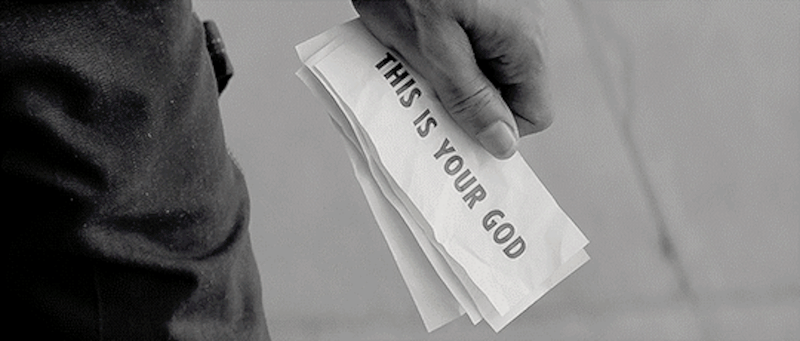
The film is littered with advertisements — billboards, tv commercials, and magazines — that, at first glance, appear to be ordinary. They promote products, lifestyles, and vacations, just like any other ad. But for those who see the truth — those wearing the special sunglasses — these ads reveal their hidden purpose: manipulative subliminal messages designed to control humanity.
While it’s fine to see all of this as a giant metaphor for how corporations treat us as consumers, it’s much scarier to realize it’s closer to reality than we may think.
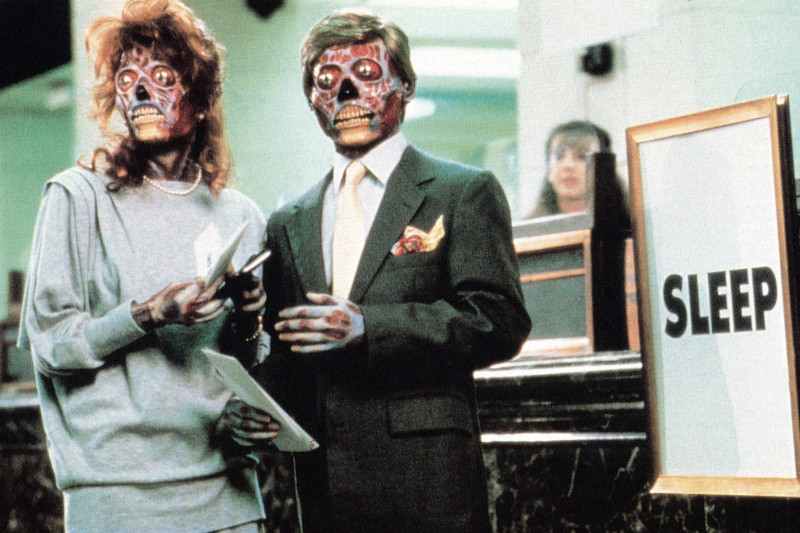
From the dawn of advertising, manipulation tactics have been used to market products to consumers. Think of Target for example: Target uses its brand identity as being a “cool” and “welcoming” hangout space to subtly sell more products. Targets usually have Starbucks, maybe a hot food area, and a main aisle that walks you around the entire store. With warm lighting and a more “luxurious” feel, Target has manipulated its customers into equating feeling happier with spending more of their money.
It’s easy to manipulate you when you have a false sense of happiness, which is exactly what the aliens in They Live count on as well.
The Stuff
While They Live focuses on the marketing aspect of capitalism, The Stuff tackles how consumer culture and blind trust in corporations can lead to our own demise. Marketed as a zero-calorie ice cream alternative, The Stuff seems too good to be true — because it is. The title dessert is actually a parasitic substance that a greedy corporation rebranded into a nationwide sensation.
But can you blame everybody for going crazy about it? It’s addictive, sweet, and delicious — just like the junk food in our real lives. With it being advertised as a healthy alternative to ice-cream, of course people are going to flock to it. We want to nourish our bodies, and if something tells us it will do that, well… we usually buy into it. (Literally!).
The Stuff, however, is highly dangerous. It eats you from the inside out, melting you out of your own skin for a slow, painful death.
We may not have The Stuff in our real lives, but we certainly have ultra-processed foods. Kellogg’s says their Pop Tarts and cereals are a good source of vitamins & minerals, even though that’s only because they add them in to make their extremely sugary treats seem healthier. These foods may not melt us, but there’s plenty of research suggesting these ultra-processed foods are just as dangerous for us if we eat too much of them. Big Food just covers that all up, just like the owners of The Stuff do.
The Substance
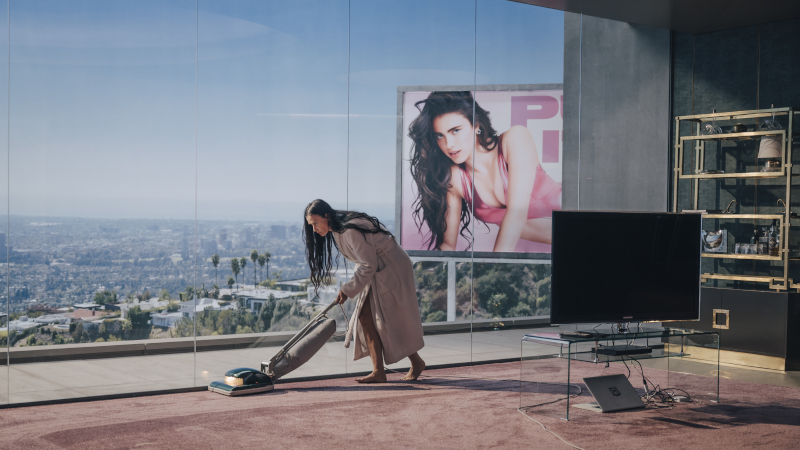
The Substance made its mark on pop culture in record time, landing Demi Moore her first Golden Globe award for her starring role. The film focuses on how corporations exploit people — specifically women — and use their insecurities to sell products and services so they may feel “beautiful.”
In The Substance, these pressures are embodied into an experimental black-market drug under the same name. The drug promises perfection, allowing users to create a flawless version of themselves by physically splitting into two entities. Elisabeth (Demi Moore) creates Sue, and the two versions alternate, maintaining an uneasy balance.
However, the story takes a turn for the worst when both Elisabeth and Sue lose control after taking the drug again, morphing into a disgusting and terrifying version of themselves.
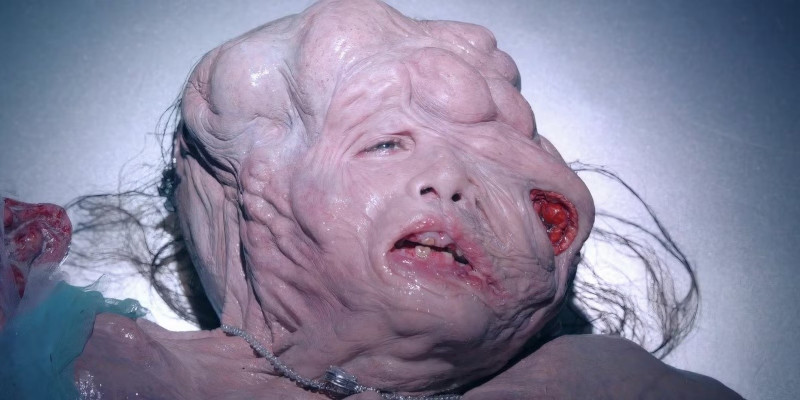
Monstro Elisasue acts as a personified mascot of the beauty industry’s capitalistic manipulation, highlighting the effects of what it means to constantly strive for perfection in beauty.
The film’s themes are much too relevant today. For example, the TikTok trend of the “morning shed” — which involves layering an excessive amount of skincare and haircare products overnight that you must “shed” off in the morning to achieve beauty. It mirrors how Elisabeth sheds Sue, serving as a reminder that the beauty industry’s promises come at a cost.
The Rich Get Richer
Hostel
Capitalism is cool in theory but is most often led in greed. Hostel takes this concept literally: travelers are lured into remote locations and sold into a trafficking ring where the rich pay to brutalize and murder victims. It hit the nail on the head, forcing us to face the greed at the heart of human exploitation.
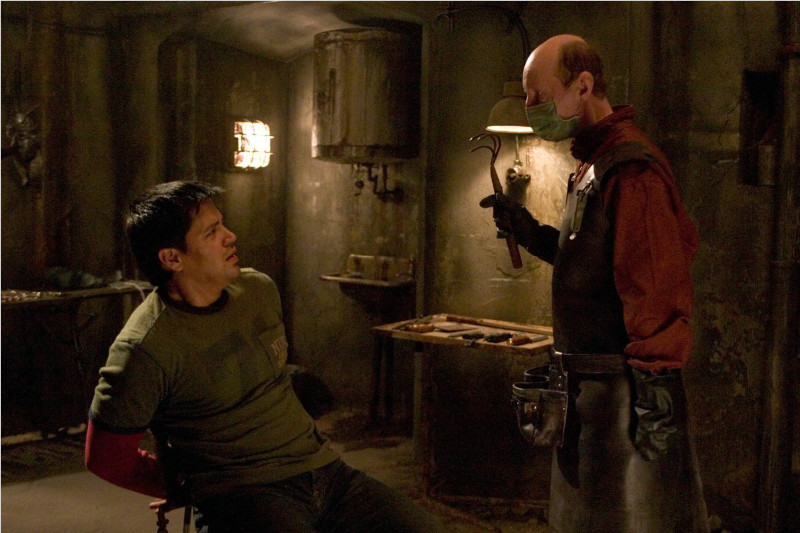
The rich get to exploit those of lower statuses for their own pleasure, playing out their sick fantasies. There’s something to be said in comparing this to the corporate world of America: you are expected to do everything for your company.
Your dog died? Well, can you still come in today? You’re sick with an awful virus? Can you still work today? You need the day off to go visit your family? How selfish can you be?
The corporate world doesn’t care about you, they only care about their next dollar. We’re numbers in the machine, replaceable to those with the big pocketbooks. Workers are exploited and overworked, being played just like the victims in Hostel.
The Purge
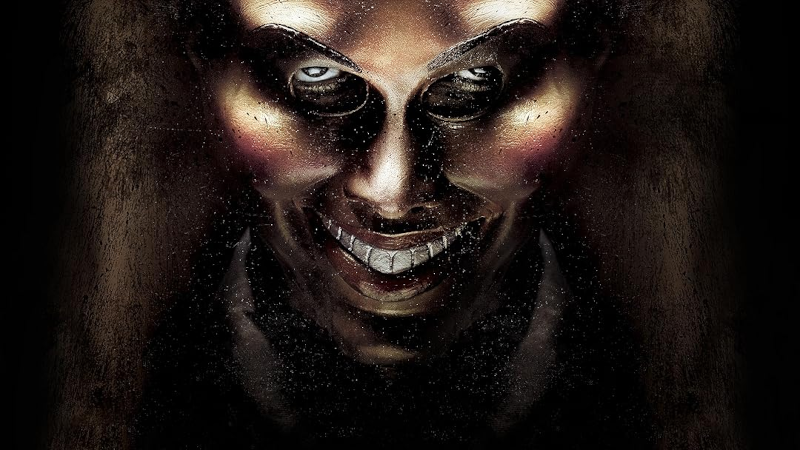
Set in a dystopian American timeline, The Purge focuses on an annual event where all crime is legal for 12 hours. The Purge films focus on how the rich manipulate systems to their advantage, even if it’s at the expense of others. It’s an entire horror franchise that explores the darkest parts of capitalist greed, with the annual Purge being marketed as a way for the Americans of that cinematic universe to simply “release aggression.”
In the film, America is basically crime-free, which helps promote the event as a good thing even further. However, the Purge specifically targets the lower-class and the vulnerable, as the film commentates economic inequality and how the rich remain untouched.
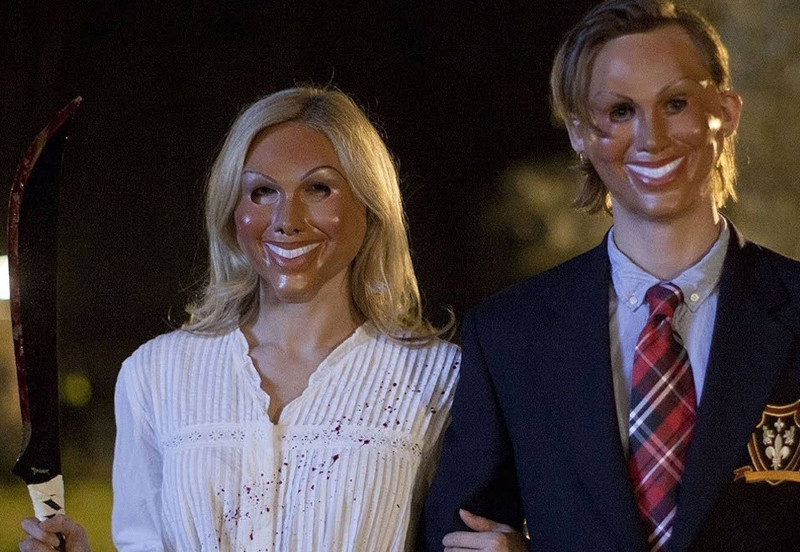
The Purge itself is terrifying in concept, but the movie really attacks your inner emotional turmoil. When the Purge comes to an end, the new reports that the stock market is booming from weapons and security systems sales. They say those who died are heroes, patriots for the country.
They advertise murder as something a good American would do.
Money Buys Happiness
American Psycho
American Psycho follows the life of Patrick Bateman — a yuppie in 1980’s New York City, consumed by materialism by day and bloodlust at night. The film majorly criticizes the yuppie culture and greed of the 1980s, with Patrick acting as the individual facing an ever-evolving capitalist society.
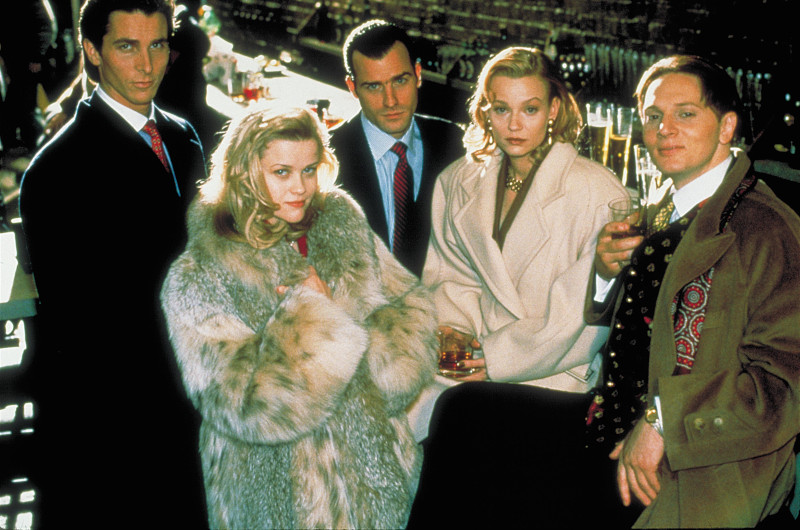
Patrick feels utterly empty inside, which leads him to constantly consume. He needs to buy designer clothes, the newest stereo system, the best of the best. He believes material possessions will bring him some kind of happiness, but none of them do. Shocker, but nothing that the giant marketing factories told him would make him happy actually makes him happy.
His constant need to chase trends cost him his own self-identity, leaving him unsure of who he really is. His inability to find happiness in material causes him to find it elsewhere: murder, drugs, and whatever other awful thing he can find.
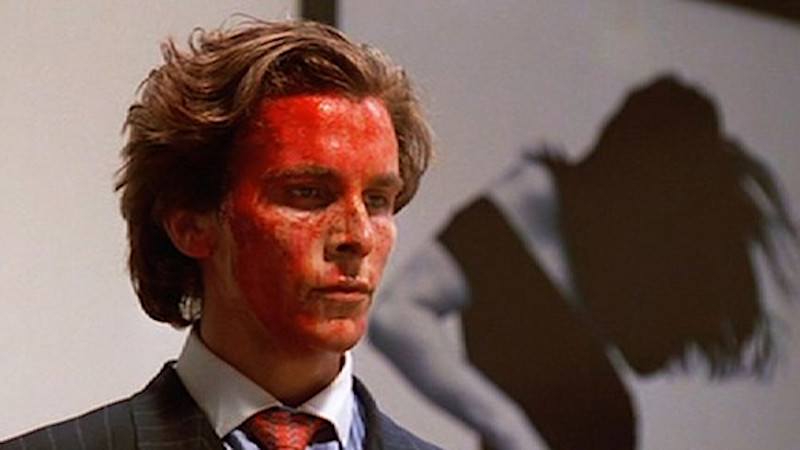
At its core, American Psycho explores how capitalism can negatively affect one’s life. Amazon must-haves and “TikTok made me buy it” videos are always trending, causing a loop of never-ending consumerism. Just like Patrick Bateman, we find ourselves tricked into the idea that this one thing will solve all our problems. But nothing we buy ever does.
In the end, only the corporations win.
Why Does Horror Have So Much to Say About Capitalism?
Horror isn’t just about entertaining us with jump scares and scary stories, it’s about exposing the real truths in our everyday lives.
If capitalism continues to shape every part of our lives, horror will continue to create captivating stories of its disturbing secrets.

Images for this post were provided by Skyla Macy and MovieStillsDB.
